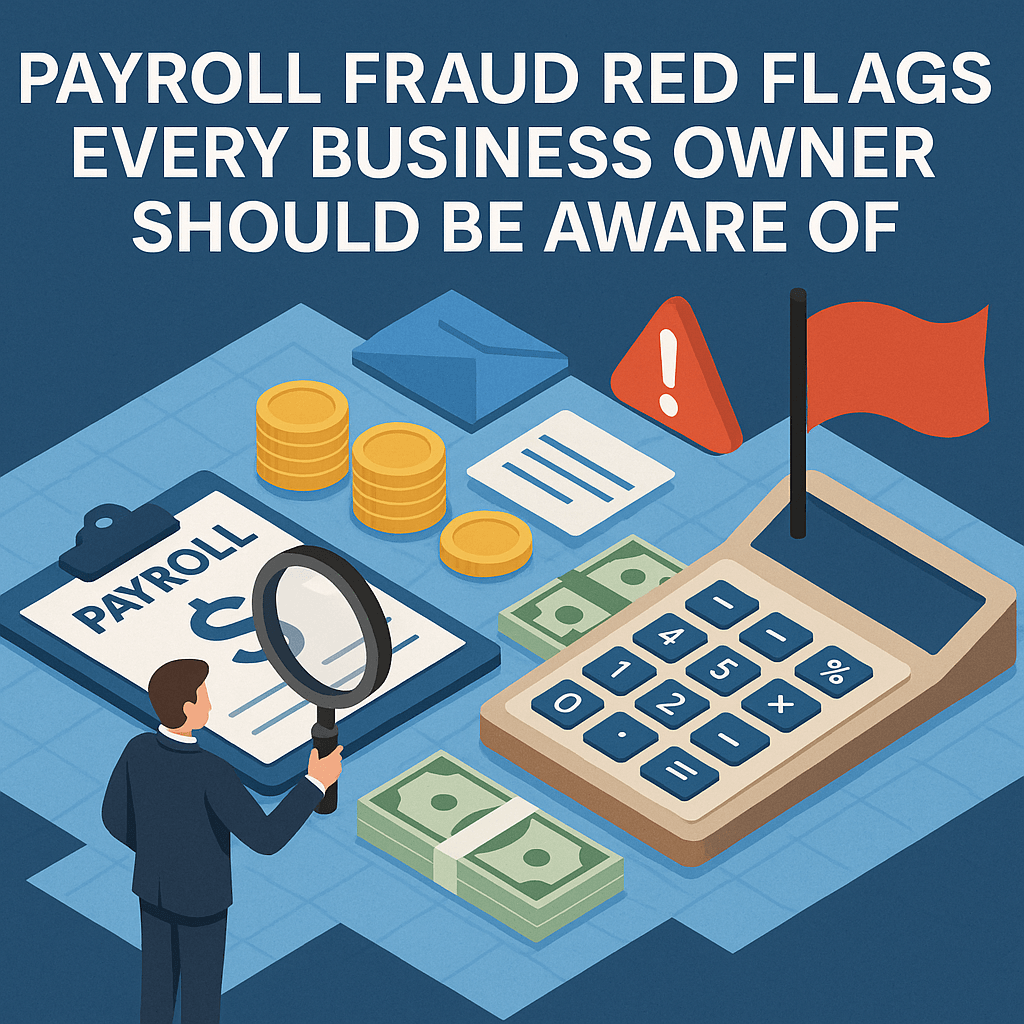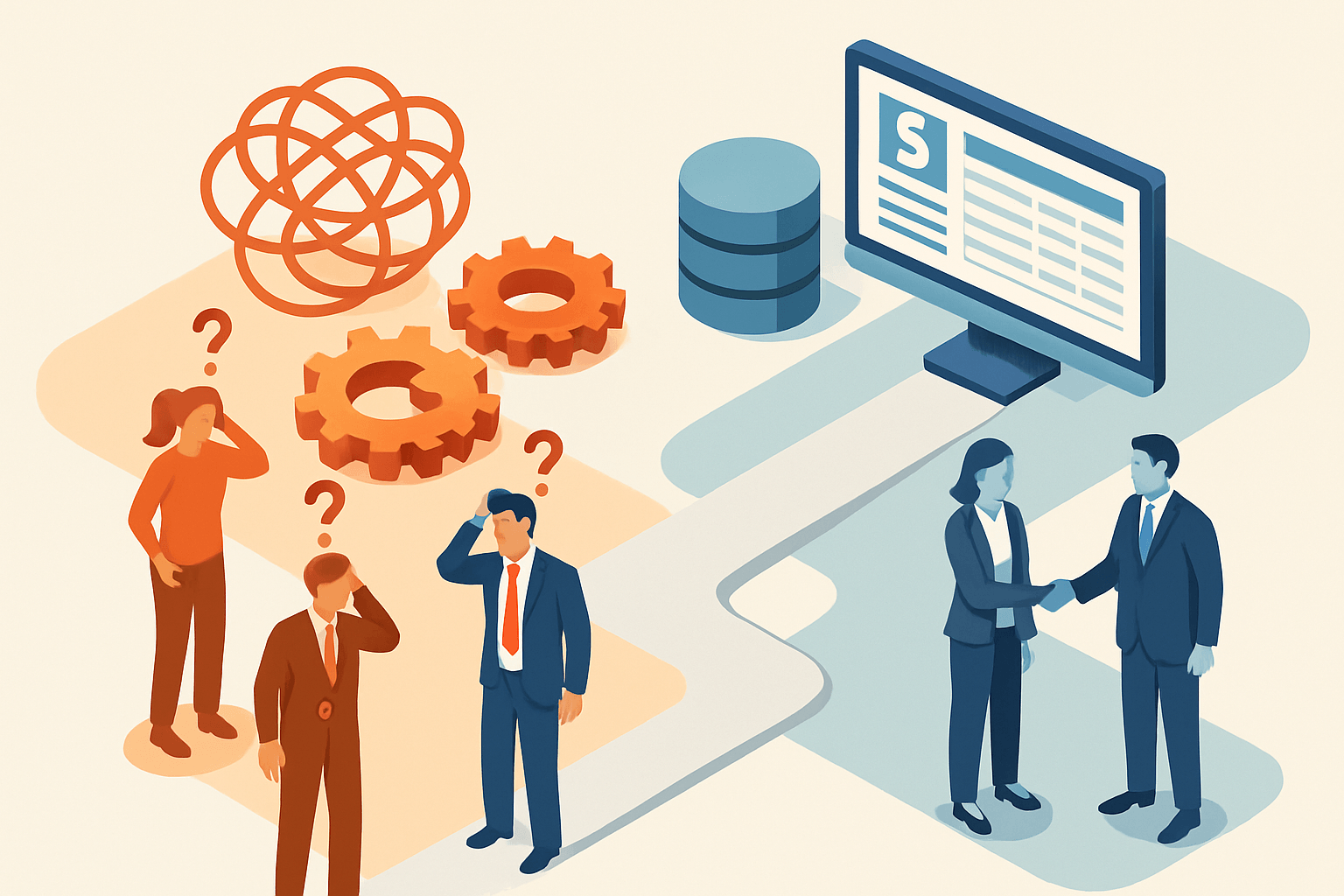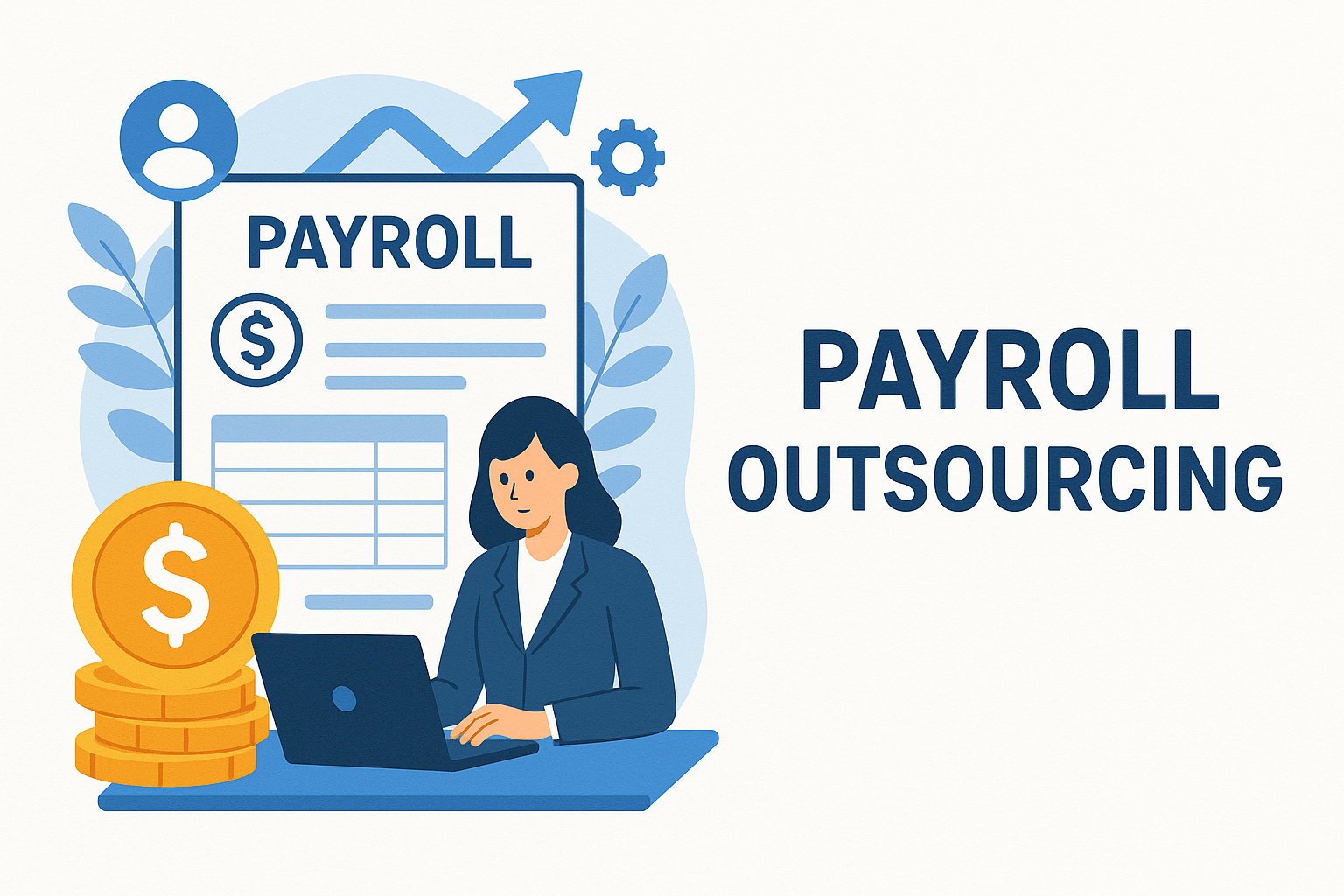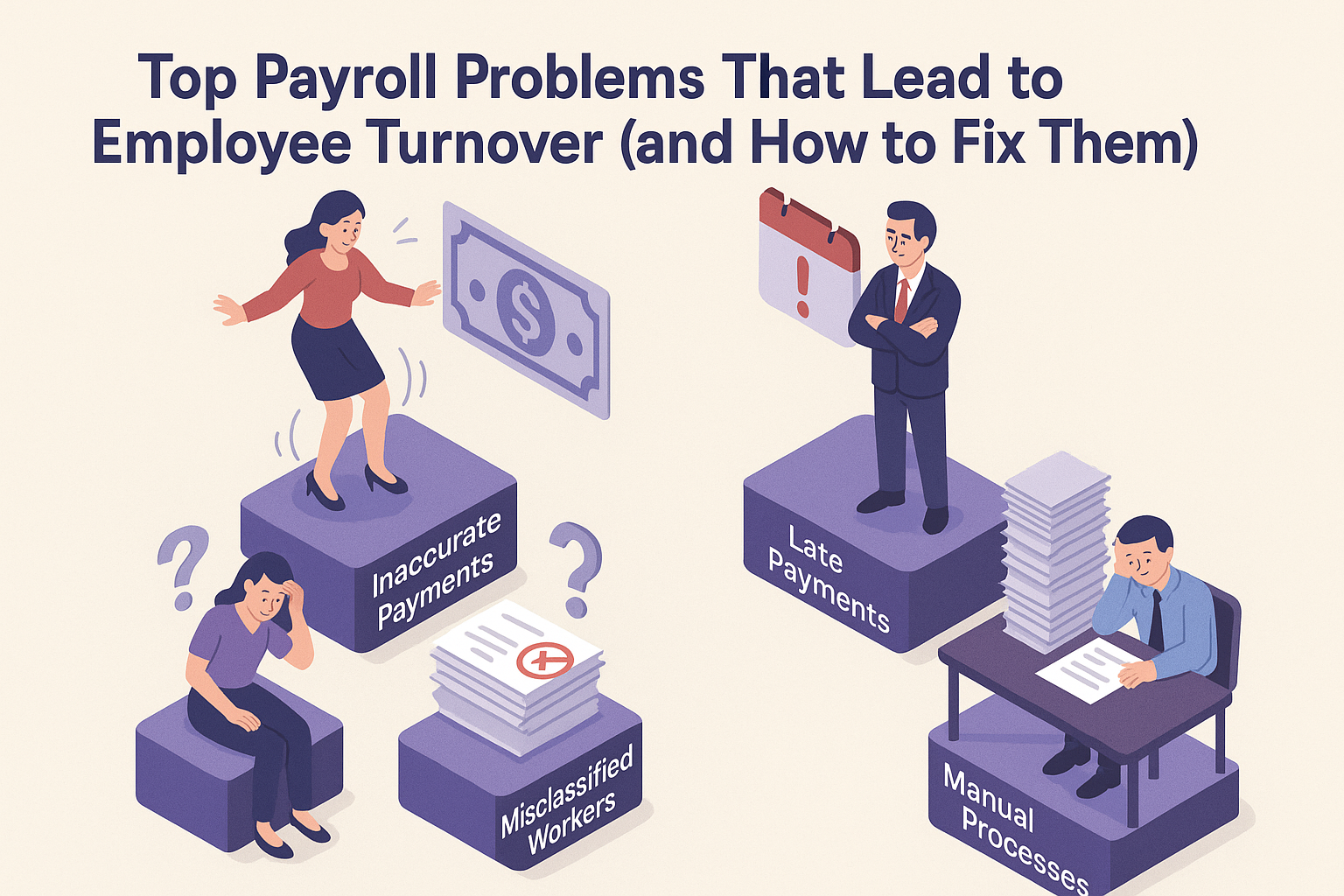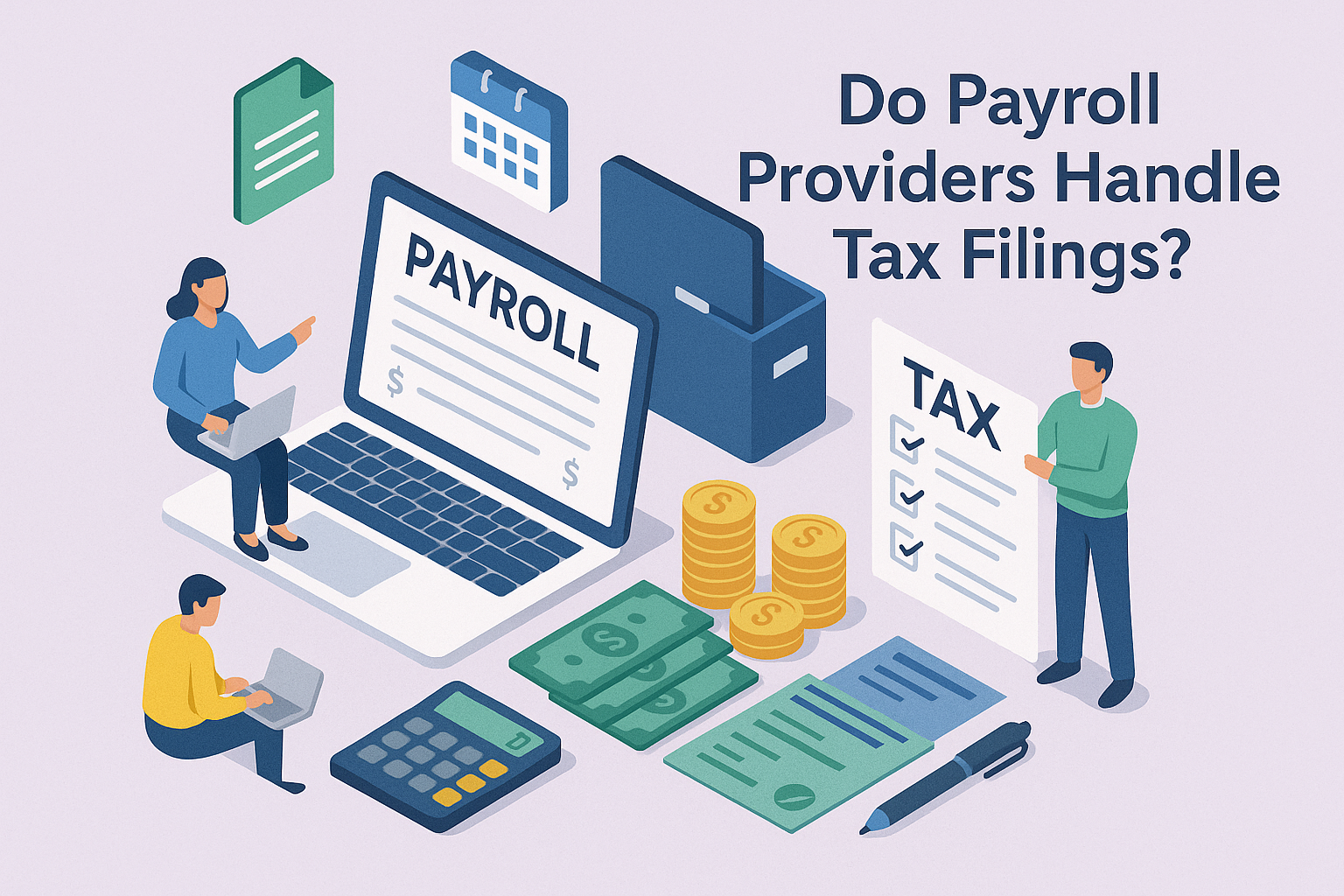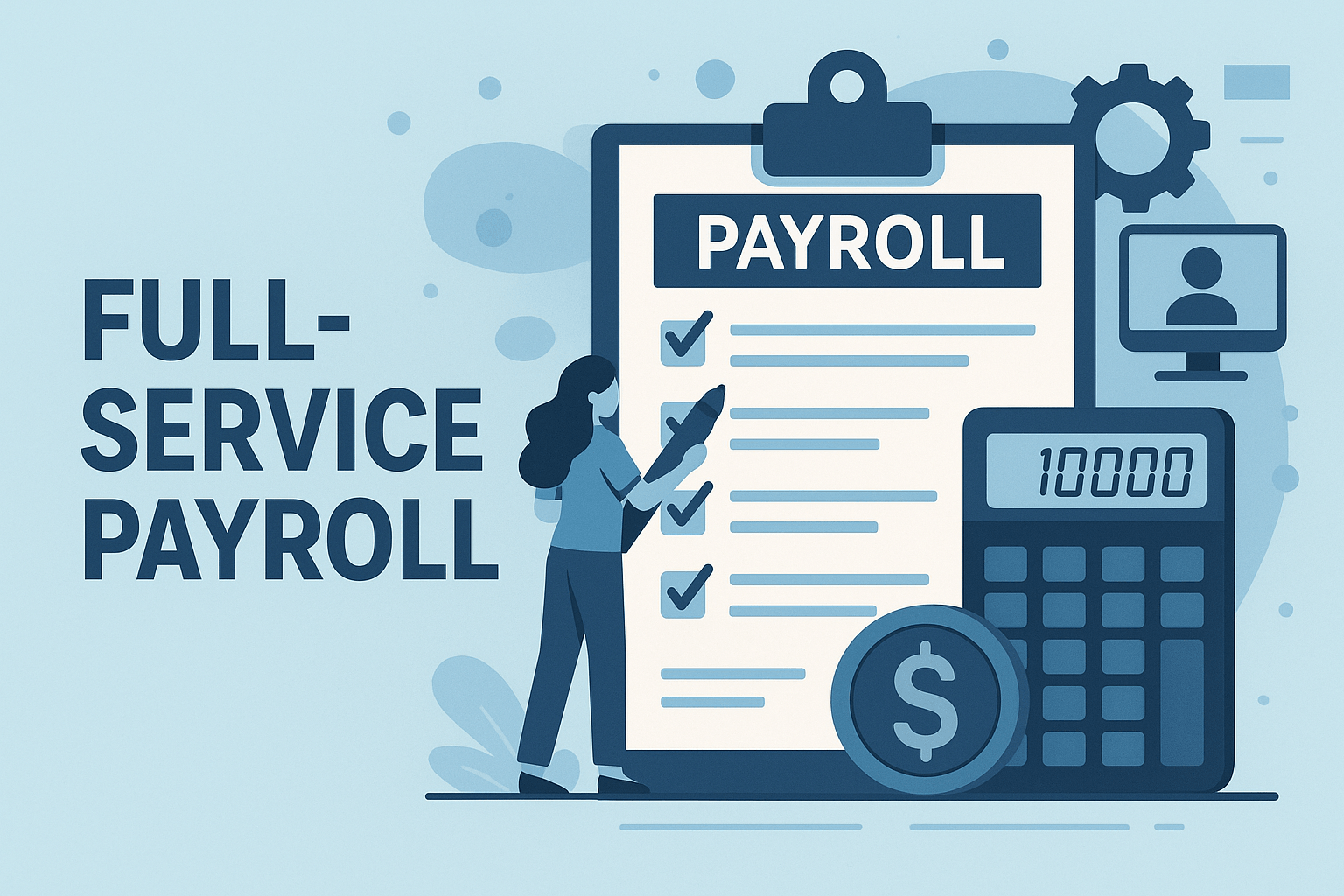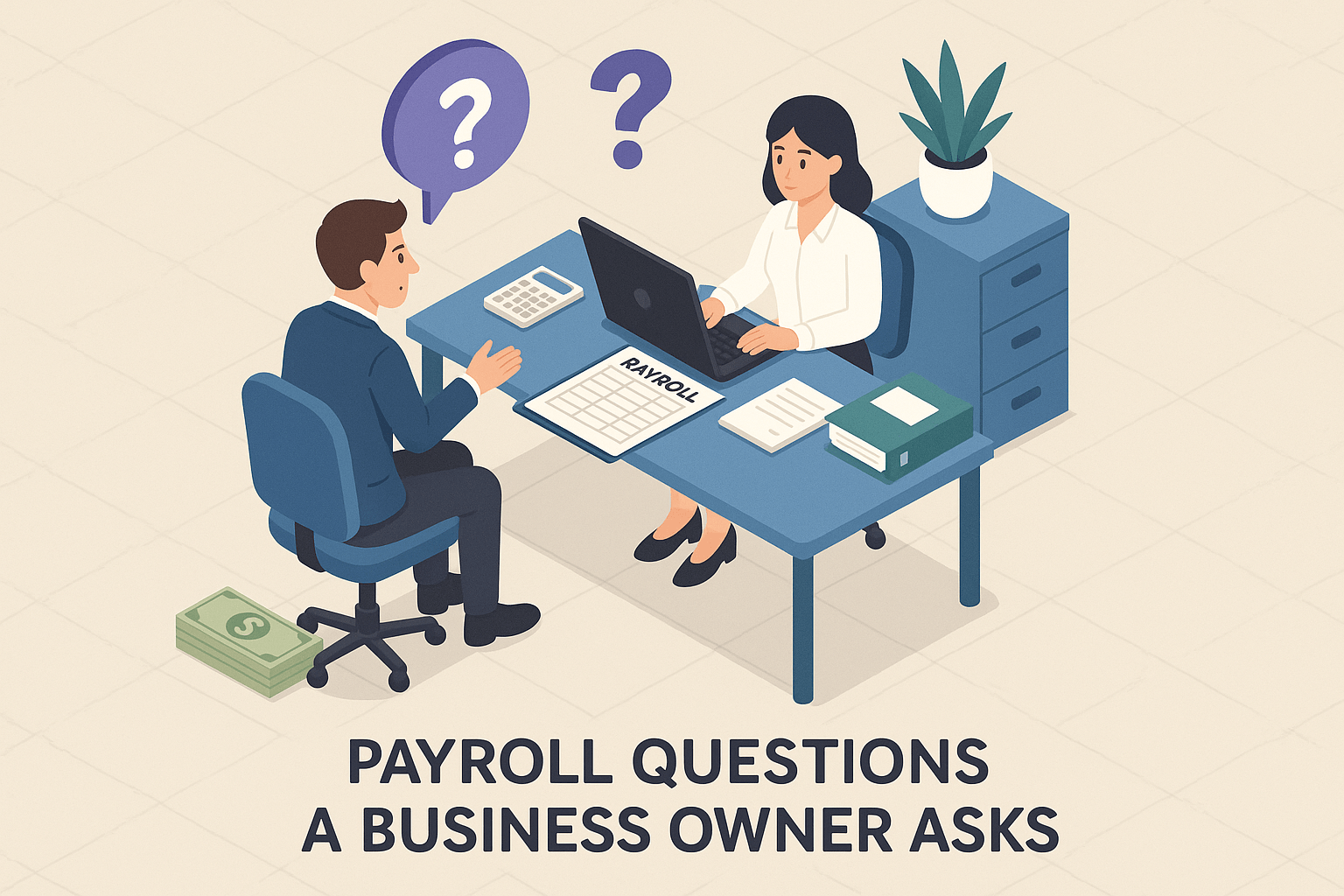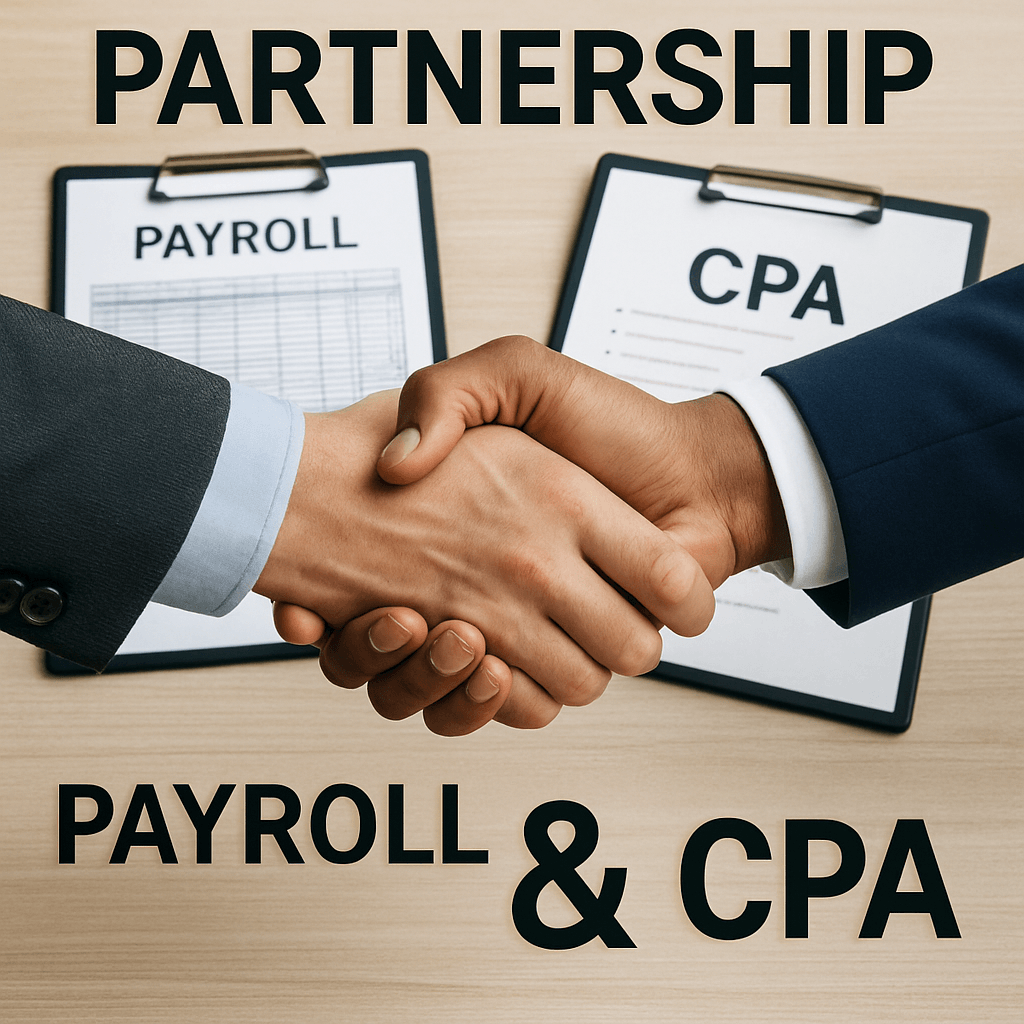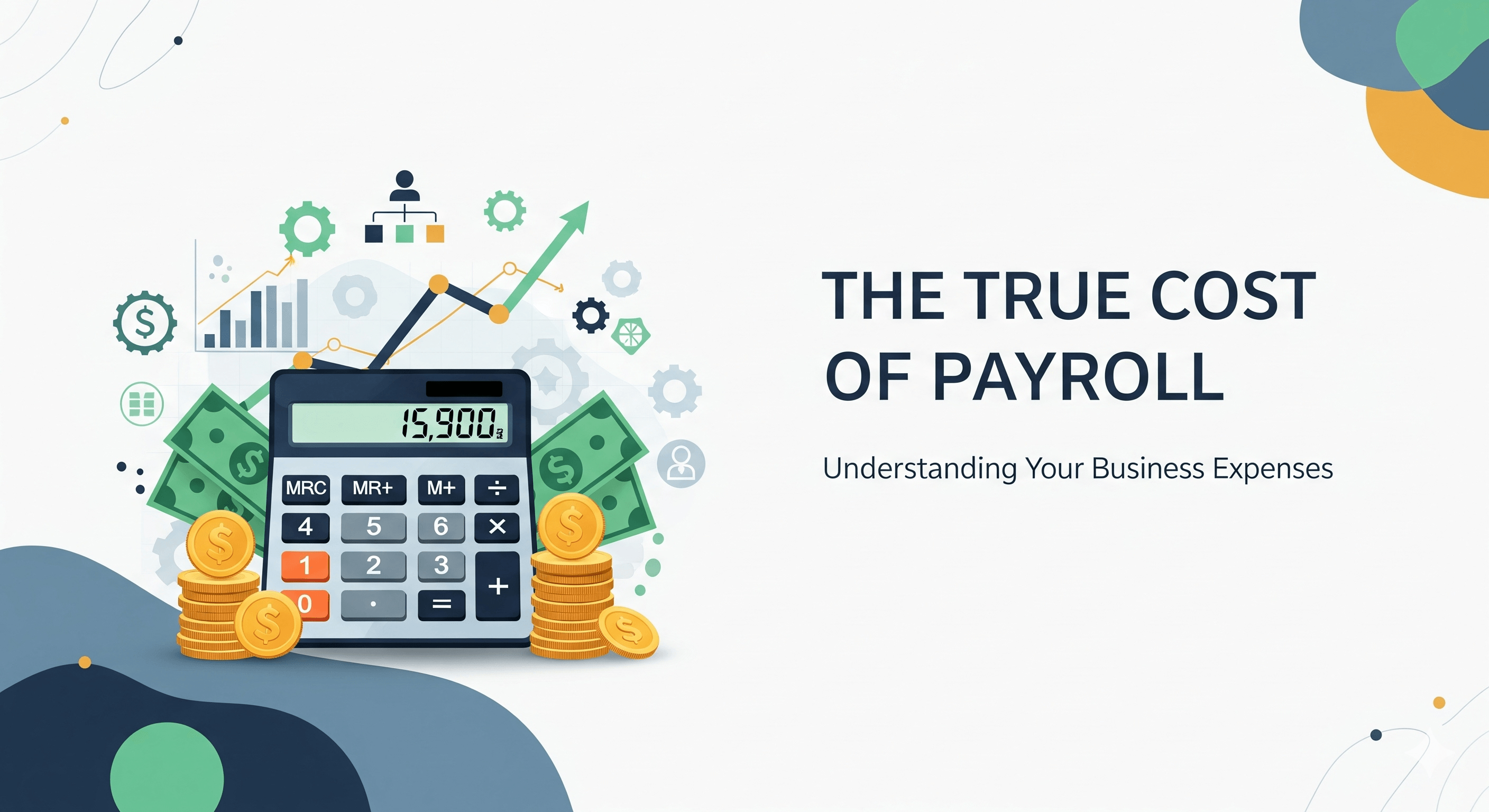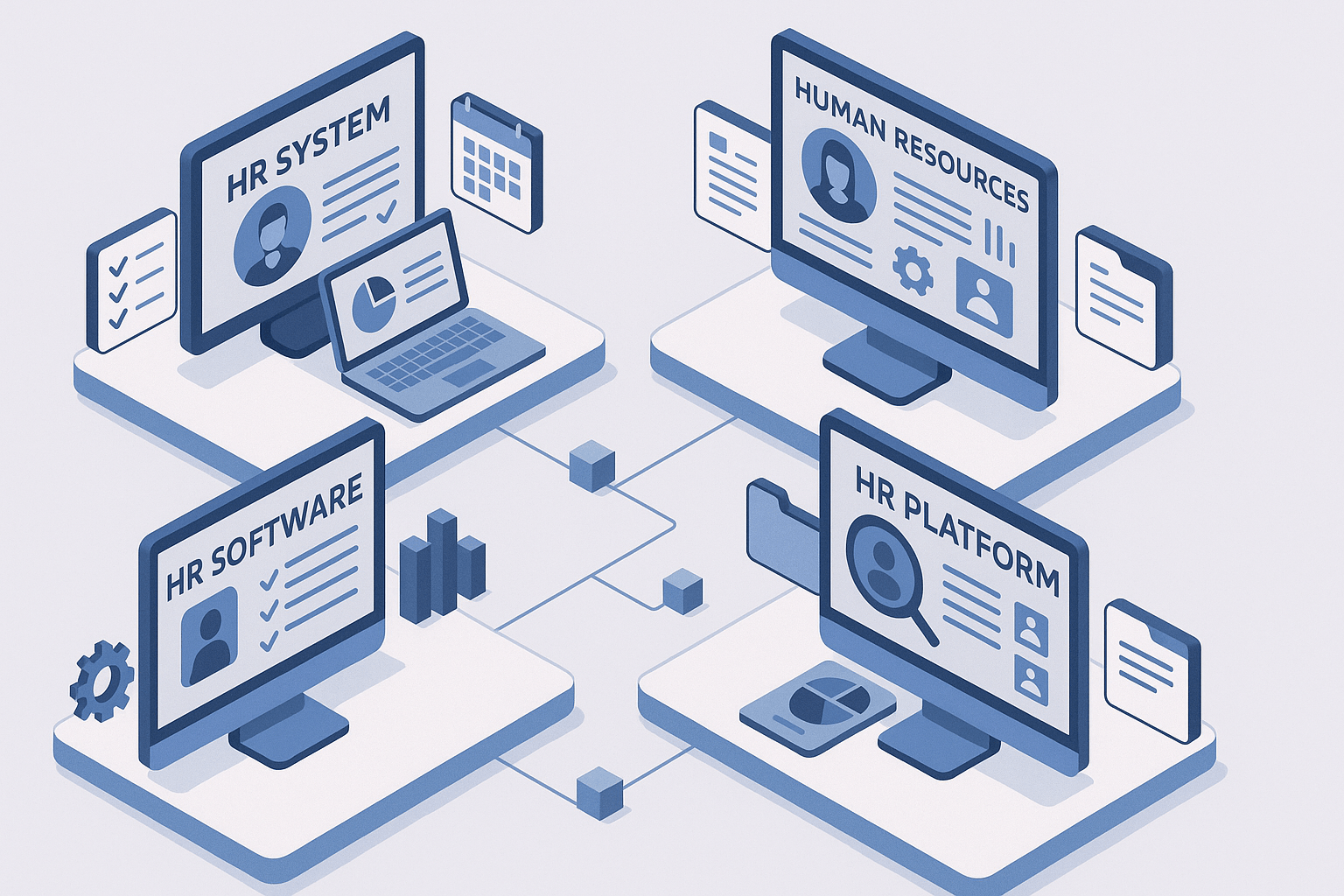Understanding the Cost of Human Capital Management Services
August 8th, 2024
7 min read
.jpeg?width=1000&height=1000&name=Light%20bulb%20with%20dollar%20symbol%20on%20dark%20background(1).jpeg)
Are you struggling to untangle the complex web of costs associated with managing your workforce? Human Capital Management (HCM) services often come with a bewildering array of fees and structures, making it challenging to see the full financial picture. You're not alone. Many businesses are caught off guard by hidden expenses and unclear pricing models, hindering their ability to budget and optimize HR operations.
At Lift HCM, we understand the frustration firsthand. With years of experience helping organizations navigate the HCM landscape, we've developed a deep understanding of the factors driving costs. Our goal is to demystify the process, empowering you to make informed decisions that align with your business objectives.
In this article, we'll break down the key elements influencing HCM costs, provide concrete examples, and offer insights on selecting the right HCM solution for your needs. By the end, you'll have a clear understanding of how to assess your HCM investment and maximize its return.
Table of Contents
- What are Human Capital Management Services?
- Factors Influencing the Cost of Human Capital Management Services
- Typical Pricing Structures for Human Capital Management Services
- Pricing Examples from Leading Human Capital Management Providers
- How Much Will Human Capital Management Services Cost You?
- Why Invest in Human Capital Management Services?
- How Much Does It Cost to Work with Lift HCM?
What are Human Capital Management Services?
Human Capital Management services encompass a range of solutions to optimize and manage the workforce effectively. These services include but are not limited to:
- Recruitment and Onboarding: Streamlining the hiring process and ensuring new hires are integrated smoothly.
- Payroll Management: Handling compensation, benefits, and compliance with legal standards.
- Performance Management: Monitoring and improving employee performance through regular reviews and feedback.
- Training and Development: Resources and opportunities, such as a Learning Management System, are provided for employee growth and skill enhancement.
- Compliance Management: Ensuring all HR practices adhere to relevant laws and regulations.
Each of these components can be customized to meet your business's specific needs, which in turn influences the overall cost.
Average Cost Breakdown
While costs can vary widely, here is a general breakdown of average HCM service costs:
- Recruitment Services: Depending on the level of the position, recruitment services can range from 15% to 25% of the employee’s first-year salary.
- HR Software: For small to mid-sized businesses, annual subscriptions for comprehensive HCM software can range from $5,000 to $20,000, with enterprise solutions costing significantly more.
- Performance Management: Costs for performance management services can range from $50 to $150 per employee annually.
- Training and Development: Training programs can cost anywhere from $1,000 to $5,000 per employee per year, depending on their complexity and depth.
Factors Influencing the Cost of Human Capital Management Services
1. Company Size and Workforce Complexity
The size of your company and the complexity of your workforce are significant factors in determining the cost of HCM services. Larger organizations with more employees typically require more extensive services, which can increase costs. Additionally, companies with diverse workforces, including part-time, full-time, and remote employees, may face higher costs due to the complexity of managing different employee types.
Example: A tech startup with 50 employees might pay around $3,000 per month for basic HCM services that include payroll, benefits administration, and compliance management. In contrast, a large multinational corporation with 5,000 employees could pay upwards of $100,000 per month for a comprehensive HCM package that includes advanced analytics, performance management, and extensive regulatory compliance.
2. Service Scope and Customization
The scope of services you require and the level of customization needed will also impact costs. Basic HCM packages include essential services like payroll and benefits administration, while more comprehensive packages offer additional features such as performance management, learning and development, and advanced analytics. Customizing these services to fit your specific needs can further influence the overall cost.
Example: A manufacturing company might choose a basic HCM package costing $5,000 per month to handle payroll and benefits for 200 employees. If the same company decides to add customized performance management and learning and development programs, the cost could increase to $8,000 per month.
3. Technology and Integration
The technology used in HCM services, such as cloud-based platforms and integration capabilities with existing systems, can affect costs. Advanced HCM solutions that offer seamless integration with other business systems may come at a premium but provide significant long-term value by enhancing efficiency and data accuracy.
Example: A retail chain with multiple locations might invest in a cloud-based HCM solution with integration capabilities to streamline operations across all sites. This could cost around $15,000 per month but would improve efficiency and provide real-time data analytics, offering long-term savings.
4. Service Provider Expertise
The expertise and reputation of the HCM service provider can influence cost variations. Established providers with a track record of success and robust support structures might charge more, but they often deliver higher-quality services and better customer support.
Example: A healthcare organization might opt for a well-known HCM provider specializing in healthcare compliance and workforce management, costing $20,000 per month. The provider's expertise ensures adherence to strict healthcare regulations, reducing the risk of costly compliance issues.
5. Regulatory Compliance and Risk Management
Ensuring compliance with labor laws and regulations is a critical component of HCM services. Due to their complexity and importance, providers that offer comprehensive compliance management and risk mitigation strategies may charge higher fees.
Example: A financial services firm could pay $25,000 per month for HCM services that include detailed compliance management to navigate complex financial regulations. This investment helps avoid significant fines and legal issues.
To give you a tangible sense of what these services might cost, consider a mid-sized company with 200 employees requiring a full suite of HCM services:
- Recruitment and Onboarding: $2,000 per month
- Payroll Management: $4,000 per month
- Performance Management: $1,500 per month
- Training and Development: $3,000 per month
- Compliance Management: $1,000 per month
Recruitment and Onboarding: $2,000 per month
Payroll Management: $4,000 per month
Performance Management: $1,500 per month
Training and Development: $3,000 per month
Compliance Management: $1,000 per month
Total Estimated Monthly Cost: $11,500
Typical Pricing Structures for Human Capital Management Services
HCM service providers usually offer various pricing models to accommodate different business needs. Understanding these models can help businesses choose the best option for their specific requirements and budget.
Subscription-Based Pricing
Subscription-based pricing is one of the most common models in HCM services. In this model, businesses pay a recurring monthly or annual fee based on the number of employees or the level of services required. This approach offers predictability in budgeting and allows for scalability as the organization grows.
Example: A mid-sized company with 500 employees might subscribe to an HCM service for $10,000 per month. This fee covers payroll management, benefits administration, and basic compliance services. As the company expands, the subscription cost may increase proportionally to accommodate additional employees and services.
Pay-As-You-Go-Pricing
The pay-as-you-go pricing model allows businesses to pay for specific HCM services as needed rather than committing to a comprehensive package. This model is often more cost-effective for smaller companies or those with infrequent HR needs.
Example: A small consulting firm might use pay-as-you-go pricing to access HCM services for payroll processing only during the peak season when they hire temporary staff. They might pay $500 per month during these periods instead of a fixed monthly fee year-round.
Tiered Pricing
Tiered pricing offers multiple levels of service packages at different price points. Businesses can select a package that aligns with their needs and budget, ranging from basic to premium services. This model provides flexibility and allows companies to upgrade or downgrade their service levels as needed.
Example: A growing tech company might start with a basic tier costing $2,000 per month, which includes essential HR functions like payroll and benefits administration. As the company expands and requires more advanced features like performance management and learning development, it might upgrade to a premium tier costing $6,000 per month.
Per-Employee Pricing
Businesses are charged based on the number of employees using the HCM services in per-employee pricing. This straightforward model scales directly with the workforce size, making it easy to understand and budget for.
Example: A retail company with 1,000 employees might pay $20 per employee per month for comprehensive HCM services, resulting in a total monthly cost of $20,000. If the workforce increases to 1,200 employees, the monthly cost would adjust to $24,000.
Customized Pricing
Some HCM providers offer customized pricing based on a business's unique needs. This model involves a detailed assessment of the company’s requirements, resulting in a tailored pricing plan that addresses specific HR functions and objectives.
Example: A multinational corporation with complex HR needs might work with an HCM provider to develop a customized pricing plan. This plan could include global payroll services, multi-country compliance management, and bespoke employee engagement programs, costing $50,000 per month.
Pricing Examples from Leading Human Capital Management Providers
|
Software |
Pricing |
|
Paycor |
Starting price: $99 per month + $5 per employee |
|
Rippling |
Base Price: $35 per month + $8 per user |
|
TriNet |
Starting price: $8 per month, per employee (annually billed) |
|
Justworks |
Base Price: $50 per month + $8 per user |
|
Lift HCM |
Base Price: $14 per month, per employee |
|
OnPay |
Base monthly price: $40 per month + $6 per user |
|
Gusto |
Base monthly price: $40 per month + $6 per user |
Source: Best HCM Software of 2024 Forbes
How Much Will Human Capital Management Services Cost You?
Choosing the best Human Capital Management (HCM) system for your organization involves several key steps and considerations. Here are a few steps to help you through the process:
1. Identify Your Needs and Goals
- Assess Current Processes: Understand what your current HR processes look like and identify pain points.
- Define Goals: Determine what you hope to achieve with a new HCM system, such as improved efficiency, better data management, enhanced employee experience, or compliance support.
2. Consider Key Features and Capabilities
- Core HR Functions: Look for features like employee records management, payroll, benefits administration, and compliance tracking.
- Talent Management: Ensure the system supports recruitment, onboarding, performance management, and succession planning.
- User Experience: The system should be intuitive and user-friendly for both HR professionals and employees.
- Scalability: Choose a system that can grow with your organization.
- Integration: Ensure the HCM system can integrate with other software you use, such as time tracking, accounting, CRM, or specialized HR tools.
3. Evaluate Vendor Offerings
- Vendor Reputation: Research vendor reputation and read reviews from other users.
- Support and Training: Consider the level of customer support and training the vendor provides.
- Customization: Assess the ability of the system to be customized to fit your specific needs.
4. Compare Costs
- Licensing Fees: Look at the cost per employee or user per month.
- Implementation Costs: Consider costs for setup, customization, and data migration.
- Ongoing Costs: Factor in costs for maintenance, support, and upgrades.
- Ask the Right Questions:
- What is included in the implementation fee?
- Are there any additional costs for customization?
- What are the ongoing support and maintenance fees?
- Are there any hidden costs or additional fees for specific features?
- Can you provide case studies or references from similar businesses?
Why Invest in Human Capital Management Services?
Investing in HCM services can yield significant returns, including enhanced productivity, improved employee satisfaction, and streamlined HR processes. While the upfront costs may seem substantial, the long-term benefits often justify the investment. Efficient HCM practices can lead to reduced turnover rates, better compliance management, and more strategic use of human resources, ultimately driving your organization's overall success.
How Much Does It Cost to Work with Lift HCM?
Understanding the cost of Human Capital Management services involves considering multiple factors that align with your business needs and goals. By comprehensively evaluating these factors, you can make an informed decision that not only fits your budget but also enhances your workforce management.
At Lift HCM, we understand the challenges of managing workforce costs, especially when balancing comprehensive HR solutions with budget constraints. We offer customized solutions to fit your unique needs. For a personalized quote and a deeper dive into how we can help, visit our website or contact our team.
We’re here to help you navigate the complexities of Human Capital Management and make the best decisions for your organization. Specializing in clear, tailored solutions, Lift HCM is committed to optimizing your workforce management while keeping costs transparent and manageable. Invest in Lift HCM today for a brighter, more efficient future for your business.
 If you are not yet ready to speak with a team member, you may find these resources helpful:
If you are not yet ready to speak with a team member, you may find these resources helpful:
- 5 Steps to Terminate an Employee
- Understanding Human Capital Management
- What is a Learning Management System
Caitlin Kapolas is a results-driven professional with a strong background in account management and retail. She is dedicated to improving client experiences and building lasting relationships. Caitlin excels in identifying client needs, resolving issues, and implementing customized solutions that drive value. Her effective communication skills ensure high client satisfaction and loyalty, making her a trusted advisor and partner in meeting client needs with precision and professionalism.
Topics:



.png?width=1536&height=1024&name=Create%20a%20background%20that%20reads%2c%20How%20Long%20to%20Keep%20P%20(1).png)



